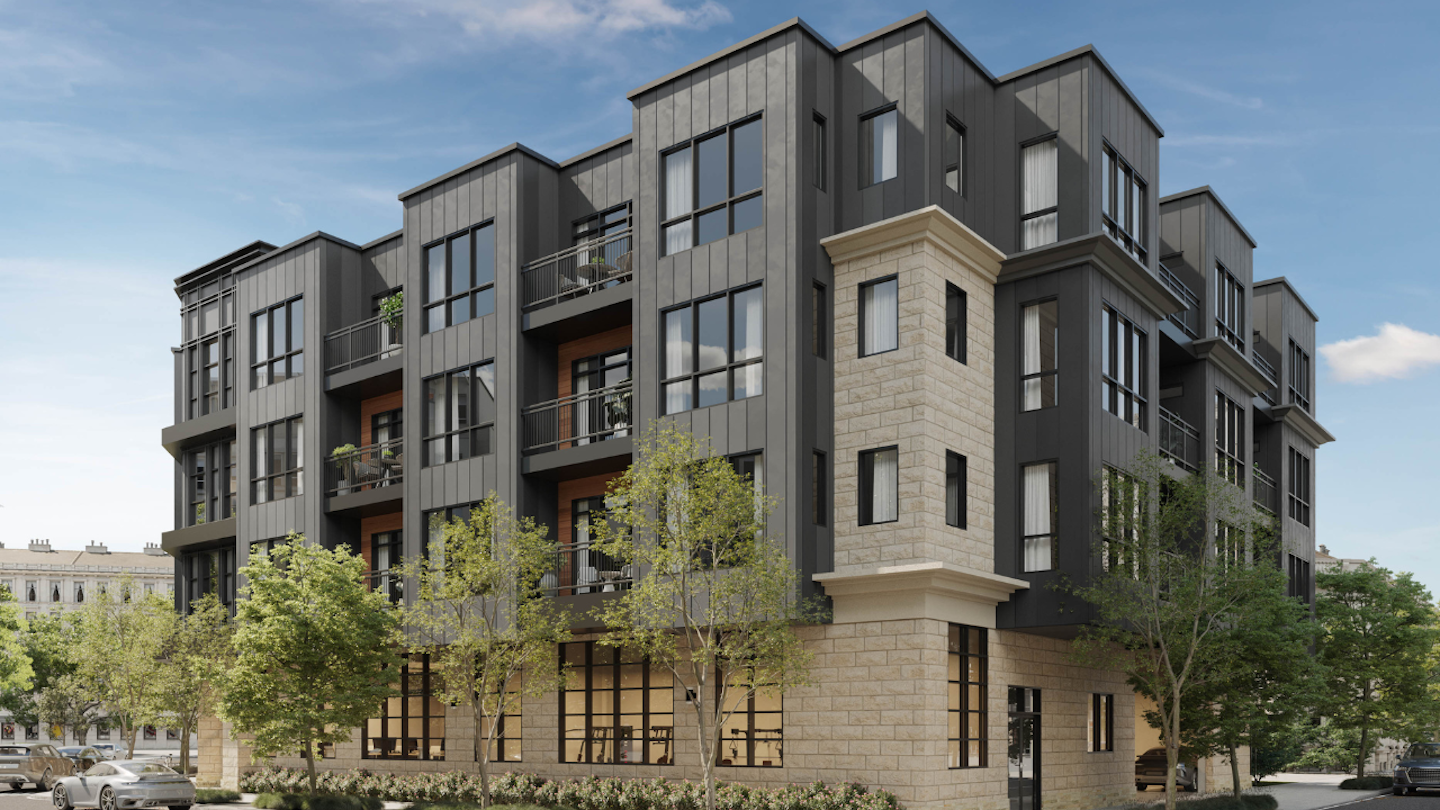
The housing crisis gripping cities across the United States is no longer just about high prices or limited availability—it is the result of systemic bottlenecks, outdated regulations, and a refusal to adapt to evolving urban needs. Boston’s housing struggles epitomize this reality, where zoning laws and permitting processes act as small to mid-market multifamily new developments
In cities like Boston, the timeline from land acquisition to a fully stabilized multifamily project can span years, bogged down by archaic regulations and unpredictable permitting systems. Meanwhile, housing demand continues to grow, leading to skyrocketing prices, constrained availability, and a growing affordability gap. Addressing this crisis requires more than piecemeal solutions; it demands a complete overhaul of how cities regulate land use and development.
Zoning laws in the U.S. were originally designed to separate incompatible land uses and protect public health. However, as they evolved, these regulations have often served to enforce exclusivity rather than promote equitable development. Single-family zoning—a dominant feature in American cities—restricts vast swathes of land to single-family homes, effectively banning more affordable housing types such as duplexes, triplexes, or apartment buildings.
This exclusivity drives suburban sprawl, exacerbates traffic congestion, and forces development into areas vulnerable to natural disasters. For cities like Boston, the reliance on outdated zoning rules creates a ripple effect: constrained housing supply pushes prices higher, while the high cost of compliance with zoning regulations increases development costs, further limiting affordability.
Even when developers propose projects that align with city goals, the path to approval is fraught with delays. In Boston, navigating the labyrinthine zoning and permitting process can take years, creating uncertainty that stifles investment.
These delays not only discourage developers but also exacerbate housing shortages. By the time a project is completed, market conditions may have shifted, leaving developers scrambling to adjust pricing or amenities. For renters and buyers, the outcome is even starker: fewer options, higher costs, and reduced access to the types of housing that meet their needs.
To address the housing crisis, cities like Boston must tackle zoning reform head-on. This involves modernizing zoning codes, streamlining permitting processes, and adopting policies that prioritize density, flexibility, and inclusivity.
By allowing multifamily developments in areas currently restricted to single-family homes, cities can unlock significant land for new housing. This approach not only increases supply but also creates opportunities for mixed-income communities, reducing economic segregation.
Cities should digitize and standardize their permitting processes, providing clear timelines and predictable outcomes for developers. Faster approvals mean projects can respond more dynamically to market demands, ensuring that housing supply aligns with population growth.
Encouraging new developments that combine residential, commercial, and recreational spaces near public transit hubs can reduce car dependency, lower environmental impact, and create vibrant, walkable neighborhoods. These projects also tend to attract investment, as they offer a higher quality of life for residents.
Boston’s unique position as a historic and densely populated city presents both challenges and opportunities. The city’s highly educated and engaged residents demand quality housing solutions, which places pressure on developers and policymakers to innovate.
However, Boston’s zoning laws, many of which date back decades, have not kept pace with the city’s needs. Reforming these regulations would enable Boston to address its housing crisis more effectively while setting an example for other cities.
Zoning reform is about creating more equitable, sustainable, and livable communities. By modernizing outdated regulations, cities can reduce housing costs, increase affordability, and build neighborhoods that reflect the diverse needs of their residents.
The stakes are high: without reform, the housing crisis will continue to deepen, leaving more families priced out of their communities. But with bold action and a commitment to change, cities like Boston can pave the way for a future where housing is a right, not a privilege.
The housing crisis is not an inevitability—it is a challenge that can be met with thoughtful, decisive action. Zoning reform offers a clear path forward, one that prioritizes growth, equity, and sustainability. For Boston and cities like it, the time to act is now. Reforming zoning laws won’t just unlock housing potential; it will unlock the potential of the people who call these cities home.
Will we rise to the challenge, or will we let outdated rules dictate the future of our communities and housing accessibility? The answer will surely shape the lives of generations to come.

This week, we're digging into why great buildings deserve more than an ILS package and a templated logo.

This week, we debunk the myth that 94% is good enough and how to raise the bar for stabilized revenue.

There's a lot hype about branding—this week we're digging in on hard numbers and real impact.

This week, we're celebrating as Transforming Cities takes home it's first PRISM award for Best Podcast by the The Builders and Remodelers Association of Greater Boston
A simple read in under 5 minutes, delivered to your inbox Saturday mornings.
A simple read in under 5 minutes, delivered to your inbox Saturday mornings.